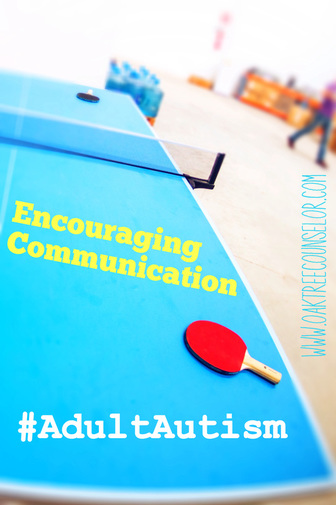 Photo credit: juanedc via flickr Photo credit: juanedc via flickr  There are so many books and resources geared toward children on the Autism Spectrum, but *gasp*, guess what? They grow up. I know, I know, that sounds incredible, but it's true. A child with autism will one day be a 40 year old with autism. I want to provide ideas that address this gap in resources. My last post discussed the principles I use in my office to encourage language and communication with children on the Autism Spectrum. These same ideas can be adapted for young adults on the Spectrum, as well as older individuals with Autism who might have difficulty with conversation, language and social interaction. DISCLAIMER: I am not affliated with the authors or websites mentioned here and have received no form of compensation to mention them. 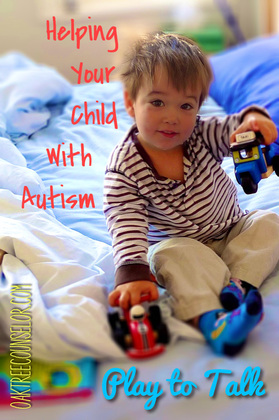 Photo Credit: Henry Burrows via Flickr Photo Credit: Henry Burrows via Flickr  A parent recently told me that her son with autism lives and breathes to play on his iPad and watch YouTube, and that everything else is just "counting the hours". I laughed. A lot. Maybe you kiddo is obsessed with YouTube or Lego® or lining everything up. So... how do we help your child or young adult talk more, engage more effectively and enjoy relationships? It starts with play. These strategies work with any age; though, you'll need to adapt them for young adults or older individuals. CONTINUE READING
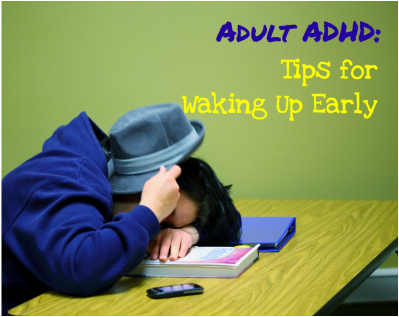 Photo Credit: Pink Sherbet via Flickr Photo Credit: Pink Sherbet via Flickr  Having Adult ADHD, I vote to shortening the title to Waking Up Period. Show of hands, who has been late (multiple times) to an office meeting, doctor's appointment, dinner party, their own wedding? Yup, me, too. So, what do you do? Can't you just "do it"? Just get up? Well if you could... you probably wouldn't be reading this. CONTINUE READING |
Nikki Schwartz,
|
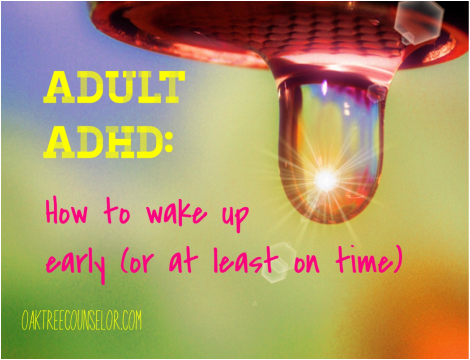
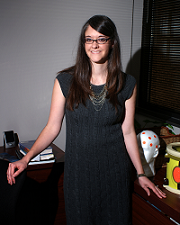
 RSS Feed
RSS Feed
